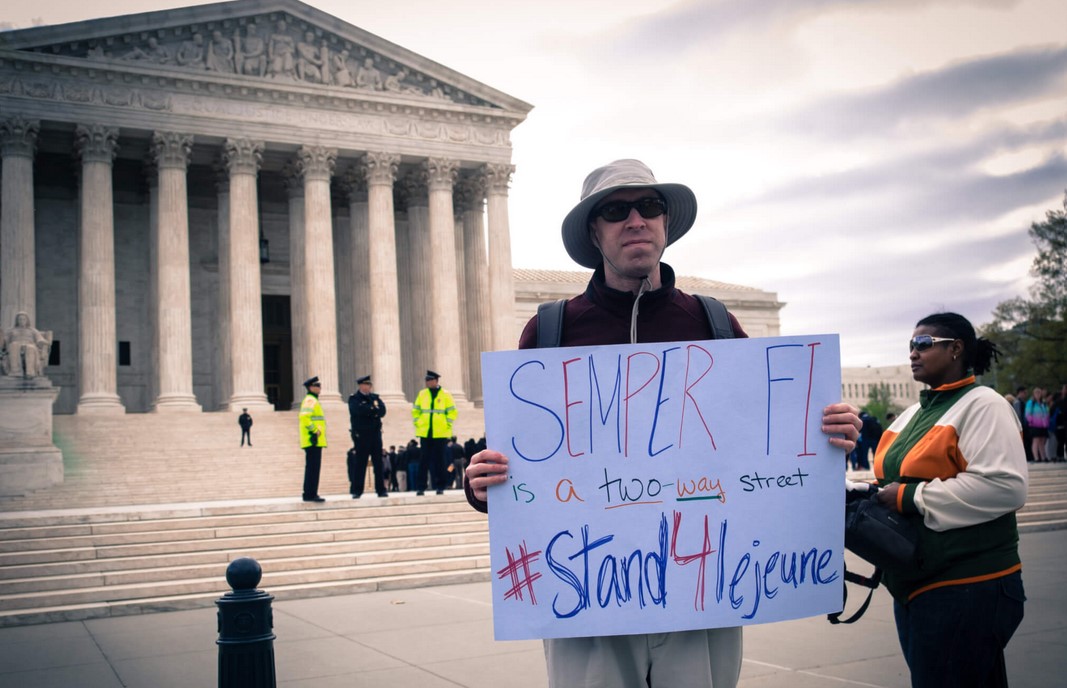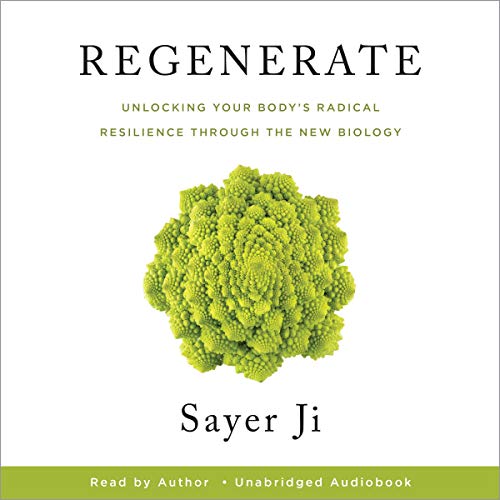 By Study Finds
By Study Finds
New research warns that exposure to a toxic chemical, previously used in dry cleaning, could potentially trigger a “timebomb” of Parkinson’s disease. Scientists from UC San Francisco found that individuals exposed to the industrial solvent are 70 percent more likely to develop the disease.
The study is based on data from tens of thousands of former Marines stationed at Camp Lejeune in North Carolina over a decade. The water supply at Camp Lejeune was contaminated with trichloroethylene (TCE) and other volatile organic compounds.
“The study’s findings suggest that exposure to trichloroethylene in water may increase the risk of Parkinson’s disease. Millions worldwide have been and continue to be exposed to this ubiquitous environmental contaminant,” write the authors of the study in JAMA Neurology.
Interestingly, TCE was also found in decaffeinated coffee. However, it has been banned by the food and pharmaceutical industries since the 1970s. Despite being removed from dry cleaning processes in the mid-1950s, TCE is still used in metal cleaning, degreasing, and as an extraction solvent in the textile manufacturing industry.
Contamination of Camp Lejeune’s drinking water with TCE persisted from 1953 until 1987, when polluted wells were discovered through testing.
“Monthly median levels of TCE in the Camp Lejeune water supply exceeded the EPA maximum contaminant level by some 70-fold,” the team reports.
The study compared Parkinson’s cases among approximately 172,000 veterans from Camp Lejeune and 168,000 peers at Camp Pendleton in California, where the drinking water was clean. The participants were primarily men and had lived on their respective bases for an average of about two years between 1975 and 1985, when the contamination was at its peak.
More than three decades later, 279 veterans from Camp Lejeune and 151 from Camp Pendleton were diagnosed with Parkinson’s disease, resulting in a prevalence of 0.33 percent and 0.21 percent, respectively. Prof. Golman and his team used computer models to show that veterans from Camp Lejeune had a 70-percent higher risk of Parkinson’s than those from Camp Pendleton.
 Regenerate: Unlocking Your Body’s Radical Resilience Through the New Biology
Regenerate: Unlocking Your Body’s Radical Resilience Through the New Biology
Up to a third of water supplies in the U.S. contain measurable amounts of TCE, leading to its accumulation in the soil. Humans can absorb TCE through the lungs, skin, and intestines. Exposures may occur through occupational usage, ingestion of contaminated food and water, and during cooking and bathing.
“Reflecting its environmental ubiquity, TCE has been broadly detected in human breast milk, blood, and urine,” the researchers say. “In addition to the exposed service members studied here, hundreds of thousands of family members and civilian workers exposed to contaminated water at Camp Lejeune may also be at increased risk of PD, cancers, and other health consequences.”
Trichloroethylene, a ubiquitous environmental contaminant since the 1920s, continues to expose millions worldwide. A previous global study by the same team found that TCE increased the risk of this neurological condition six-fold. Currently, about one million people in the U.S. suffer from Parkinson’s disease, with doctors diagnosing 60,000 new cases each year.
Basketball star Brian Grant, who played for 12 years in the NBA, developed the condition at the age of 36. Researchers believe he was likely exposed to TCE when he was three years old. His father, a Marine, was stationed at Camp Lejeune.
What has the U.S. government done about Camp Lejeune and the veterans stationed there?
In 2012, the Honoring America’s Veterans and Caring for Camp Lejeune Families Act (also known as the Janey Ensminger Act) was signed into law. This law provides medical care for veterans and their family members who were stationed at Camp Lejeune from 1953 to 1987 and who have been diagnosed with one or more of 15 specific diseases believed to be linked to the contaminated drinking water at the base.
However, critics say the response has been slow, and that the government should do more to provide for the health needs of those affected, including expanding the list of covered conditions.
You might also be interested in:
- Common dry cleaning chemical may be responsible for rise in Parkinson’s disease cases
- Parkinson’s disease cases are rising in a surprising ‘hot spot’ for U.S. air pollution
- Parkinson’s disease stunner: U.S. cases 50% higher than previous estimates claim
South West News Service writer Mark Waghorn contributed to this report.
Source: Study Finds
Study Finds sets out to find new research that speaks to mass audiences — without all the scientific jargon. Study Finds has been writing and publishing articles since 2016.
Become a Patron!
Or support us at SubscribeStar
Donate cryptocurrency HERE
Subscribe to Activist Post for truth, peace, and freedom news. Follow us on SoMee, Telegram, HIVE, Flote, Minds, MeWe, Twitter, Gab, What Really Happened and GETTR.
Provide, Protect and Profit from what’s coming! Get a free issue of Counter Markets today.

Be the first to comment on "Banned Dry Cleaning Chemical Could Be Setting Off A Parkinson’s Disease “Timebomb”"